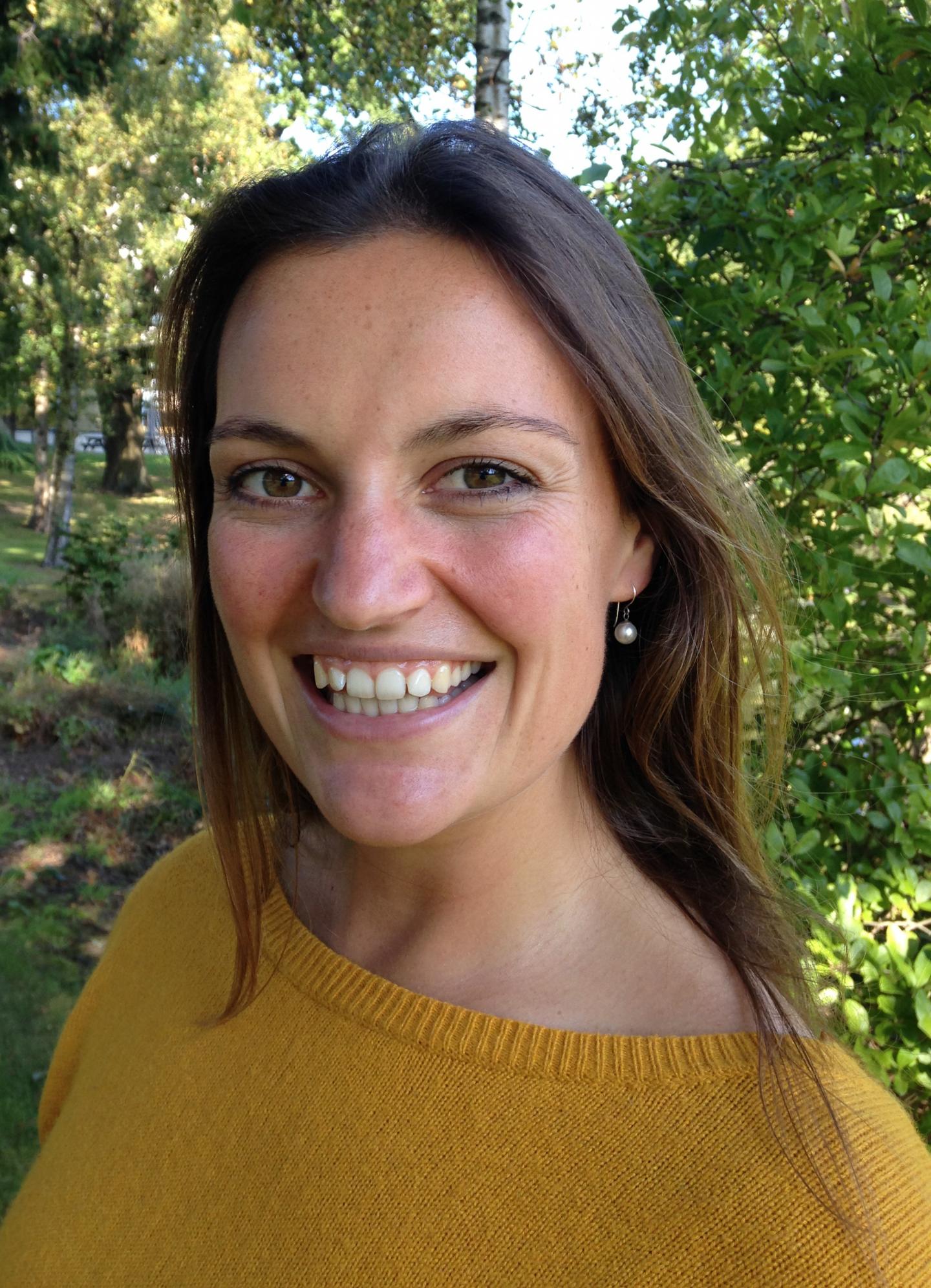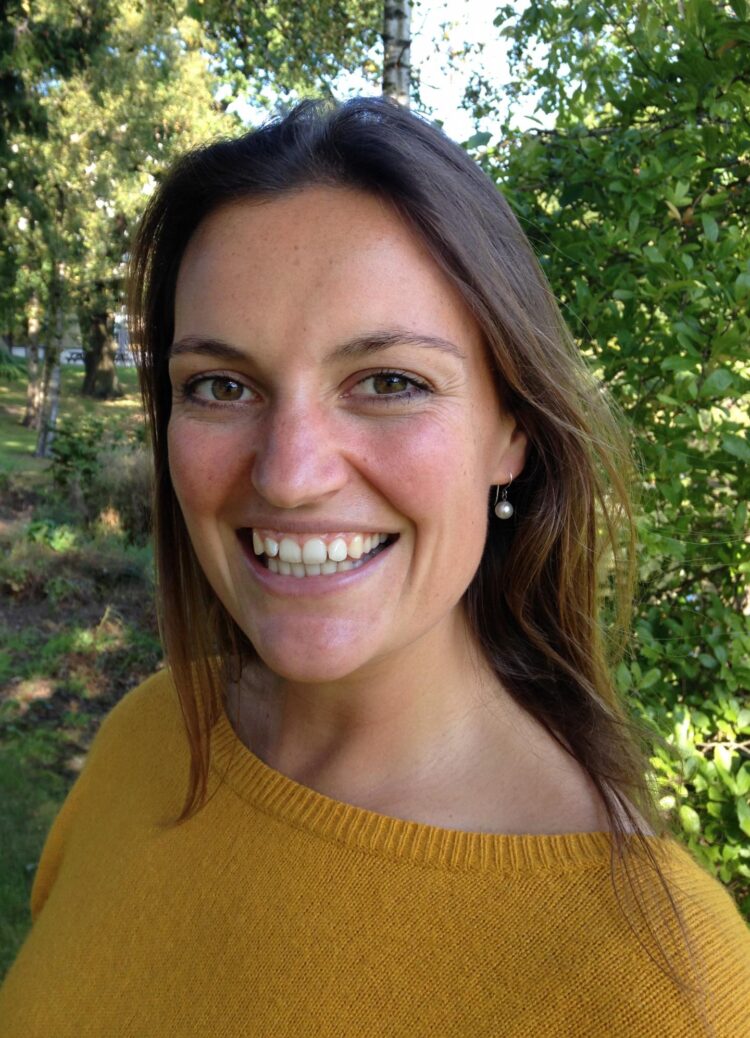
Credit: University of Stirling
A new £1.2 million project – led by the University of Stirling – is aiming to “deliver critical step change” to help resolve conflicts between the United Nations Sustainable Development Goals.
Using hydropower as a model, the study will provide evidence and tools to identify, forecast, prevent and mitigate issues caused by the competing objectives of the Goals (SDGs) – and, ultimately, help achieve equitable sustainable development across the world.
Dr Isabel Jones, Lecturer in Biological and Environmental Sciences, is leading the four-year project, funded through a UK Research and Innovation (UKRI) Future Leaders Fellowship.
She said: “The United Nations Sustainable Development Goals promote global economic and social prosperity while seeking to protect the environment; however, competing objectives often result in decisionmakers trading-off Goals. This leads to damaging and unequal distribution of costs and benefits for people and the environment – and actually prevents sustainable development.
“This project will apply a novel approach – using hydropower as a model system – to deliver the critical step change in interdisciplinary research required to quantify the trade-offs, conflicts and synergies between SDGs and between stakeholders.
“Ultimately, this project aims to achieve equitable sustainable development now and beyond the 2030 sustainable development targets.”
The United Nations requires all member states to achieve SDGs under the 2030 Agenda for Sustainable Development – described as “a shared blueprint for peace and prosperity for people and the planet, now and into the future”.
In total, there are 17 SDGs: no poverty; zero hunger; good health and wellbeing; quality education; gender equality; clean water and sanitation; affordable and clean energy; decent work and economic growth; industry, innovation and infrastructure; reduced inequalities; sustainable cities and communities; responsible consumption and production; climate action; life below water; life on land; peace, justice and strong institutions; and partnerships for the goals.
Dr Jones points out that the global energy dilemma – the increasing human population and growing energy demand – challenges whether secure, affordable and equitable energy is achievable without adversely affecting people and the environment. Addressing these challenges has been hindered by the historic separation of environmental and social sciences and the humanities, she said.
The new project – ‘How clean is green? Using biodiversity and energy justice to resolve conflicts between sustainable development goals’ – will consider the issue through the prism of hydropower.
Dr Jones explained: “Large hydropower schemes often present conflicts between Sustainable Development Goals and stakeholders. More than 9,700 large hydropower dams have been constructed worldwide, providing energy and boosting industrial infrastructure development. However, these dams have displaced an estimated 40 to 80 million people and – through reservoir creation and river flow disruption – environments important for biodiversity and climate change mitigation have been lost.
“Therefore, hydropower development puts significant pressure on those SDGs that focus on local livelihoods, food security, justice and accountability, water, ecosystems and biodiversity.”
Focusing on Brazil, Kazakhstan, India and Scotland, the multidisciplinary study will work across biological, environmental and social sciences, and the humanities. It will engage multiple stakeholders – including those traditionally marginalised in the decision-making process – alongside high-level decisionmakers across different socio-political and environmental contexts.
It will provide evidence and tools for stakeholders – including local dam-affected communities, national decisionmakers, non-governmental organisations, private sector infrastructure developers, international financing institutions, and intergovernmental panels – to develop equitable sustainable development processes on local, national and global scales.
Dr Jones added: “While this project will initially focus on dams, the evidence and tools delivered will be scalable and adaptable to other scenarios of SDG conflict around the world.”
The project was one of 90 announced today [Thursday 23 April] under the UKRI’s Future Leaders Fellowships.
Sir Mark Walport, Chief Executive of UKRI, said: “The Future Leaders Fellowships are UKRI’s flagship talent programme, designed to foster and nurture the research and innovation leaders of the future.
“We are delighted to support these outstanding researchers and innovators across universities, research organisations and businesses.”
Kirsty Grainger, Director of the UKRI Future Leaders Fellowships, said: “The Future Leaders Fellows represent some of the most brilliant people working in the country.
“We’re supporting researchers from every background – from the arts to medicine, and the social sciences to engineering – helping them become the research and innovation leaders of the future.”
###
Media Contact
Greg Christison
[email protected]
Original Source
https:/





